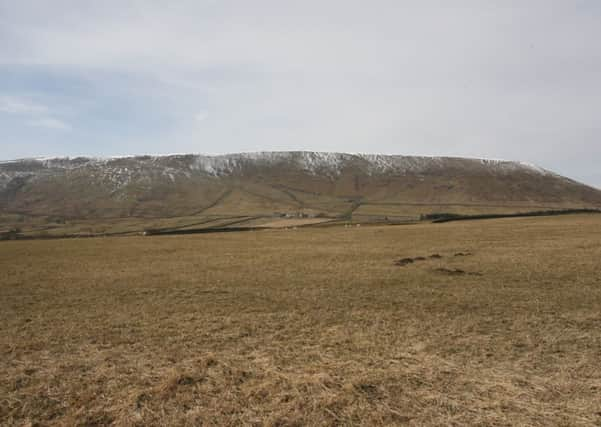Pendle Hill = Hill Hill Hill


One that is even more commonly misused is “ye” to mean “the”, giving a spurious impression of something ancient. The letter “y” in this case derives from the Old English letter “thorn”, which was pronounced “th”; it was somewhat similar to but not identical in shape to “y”.
When the first printing presses arrived there was no character for the thorn so they substituted the letters “t” and “h” instead, (so as not to confuse it with “y”), combining them in what is known as a “digraph”.
Advertisement
Hide AdAdvertisement
Hide Ad“Ye”, when used as the definite article should therefore be pronounced as “the” and not as “yee”. This misuse was brought into sharp focus when my wife recently showed me a credit card slip from a well-known hostelry, just the other side of Pendle Hill from Clitheroe, which was headed “The Ye Old ******* ****”. I suspect the proprietors don’t know what “tautology” means either.
Speaking of Pendle Hill, the derivation is from the Ancient British word “pen” meaning “hill”, which predates the First Century Roman Invasion. In about the 7th Century and no longer knowing what “pen” meant, the Old English word “hyll” was added and by 1305 the name is recorded as “Penhul” in the Charters of the Manors of Henry de Lacy.
Later, in about the 15th Century, and not knowing what “hul” (now changed to “dle”) meant, a further Hill was added to give the name we know it by today, the triple tautology – “hill hill hill”.
Tony Cooper,
Peel Park Avenue, Clitheroe